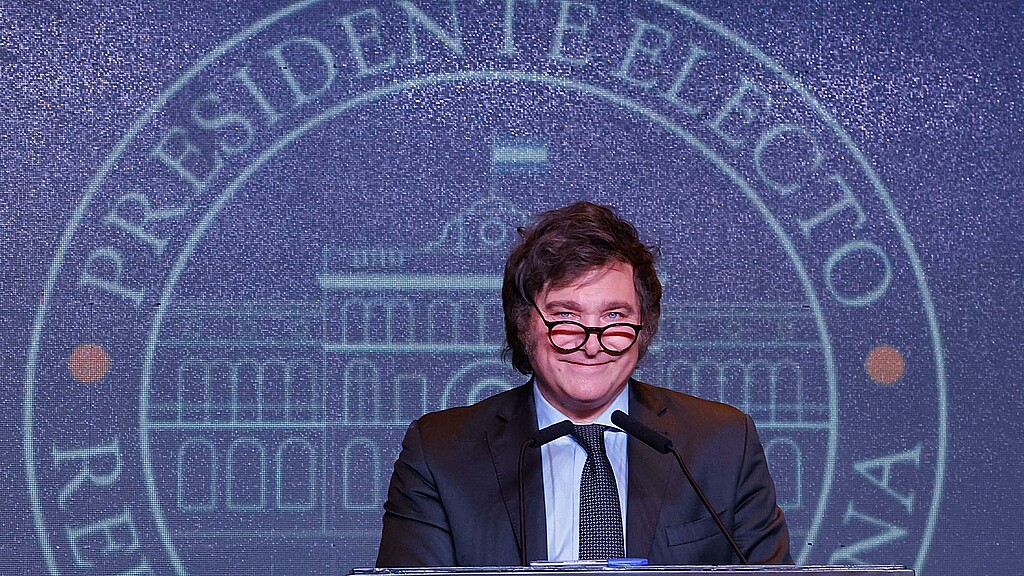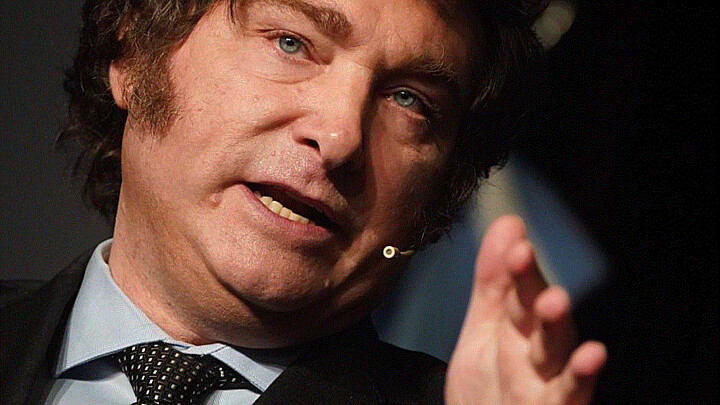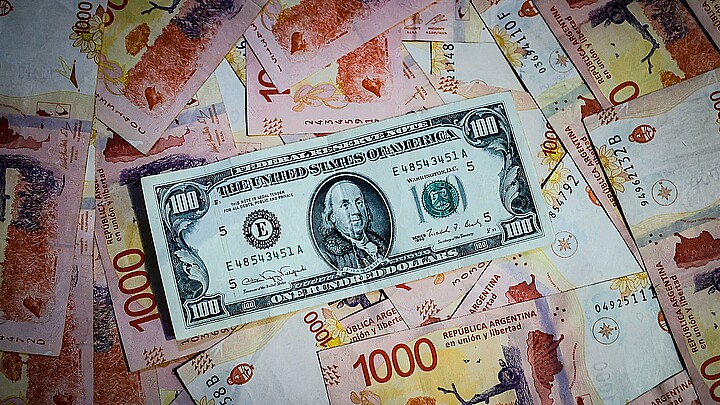Business
Argentina defies Russia and China, abandons plans to join BRICS bloc
Argentina was on the verge of official BRICS membership, scheduled for January 1, 2024, as a result of a robust campaign led by Brazilian President Luiz Inácio Lula da Silva

January 2, 2024 1:44am
Updated: January 2, 2024 9:36am
Argentina's newly elected President, Javier Milei, has reversed the country's decision to join the expanding BRICS club of nations.
In a letter addressed to the leaders of Brazil, Russia, India, China, and South Africa, Milei said he was reconsidering some decisions made by the previous administration.
Argentina was on the verge of official BRICS membership, scheduled for Jan. 1, 2024, as a result of a campaign led by Brazilian President Luiz Inácio Lula da Silva.
Milei assumed office after Alberto Fernández, a left-wing Peronist, who had previously announced in August that Argentina would be joining BRICS.
Fernández, whose perspectives were more aligned with the existing members of the bloc stated that this move would enable the country to foster global trade partnerships. At the time Fernández emphasized the significance of joining BRICS in a challenging global geopolitical and financial environment.
The BRICS countries are often regarded as a counterbalance to the Western global order.
Se abre un nuevo escenario para la Argentina: nos hemos incorporado a la alianza de los BRICS.
— Alberto Fernández (@alferdez) August 24, 2023
Es un nuevo paso en la consolidación del país fraterno y abierto al mundo que siempre soñamos ser.
Estamos frente a una gran oportunidad para fortalecernos 🇦🇷 pic.twitter.com/dpVvMAuNMK
Argentina was initially set to join the group, along with Egypt, Iran, Ethiopia, Saudi Arabia, and the United Arab Emirates, on Jan. 1. Its total member nations (which also include China, Russia, etc.) now account for 36% of the global gross domestic product and represent over 40% of the world's total population.
However, the withdrawal should was not unexpected. During his campaign, Milei signaled his intent to strengthen ties with the United States, Israel, and the "free world."
After Milei secured victory in the presidential runoff against Sergio Massa from Union por la Patria in November, Foreign Secretary Diana Mondino made it clear on X (formerly Twitter) that Argentina would not be joining BRICS. She stated that the country's membership in the bloc was "never officially approved," according to reports.
BRICS is an acronym that represents an alliance of five major emerging economies: Brazil, Russia, India, China, and South Africa. The term was originally coined by Jim O'Neill, a former chief economist at Goldman Sachs, in a 2001 paper titled "Building Better Global Economic BRICs."
The initial focus was on the BRIC countries, which excluded South Africa.
During the past decade, the growth of the BRICS countries has decelerated over the past decade, according to data from the International Monetary Fund cited by Reuters. Nevertheless, the BRICS nations remain determined and are currently exploring the possibility of expanding their group.
In 2022, during one of the BRICS forums, Putin disclosed that Russia, in collaboration with China and other BRICS nations, was in the process of preparing the launch of a new global reserve currency comprising a basket of BRICS currencies. If this initiative succeeds, it could pose a direct challenge to the currently dominant U.S. dollar.
At their summit held in Johannesburg from Aug. 22-24 last year, the BRICS group revealed that 22 countries had officially expressed their intent to join, and an additional 20 had shown interest.
Some of the countries that had previously expressed interest in joining the group included Saudi Arabia, Argentina, Egypt, Iran, Cuba, and Kazakhstan.









